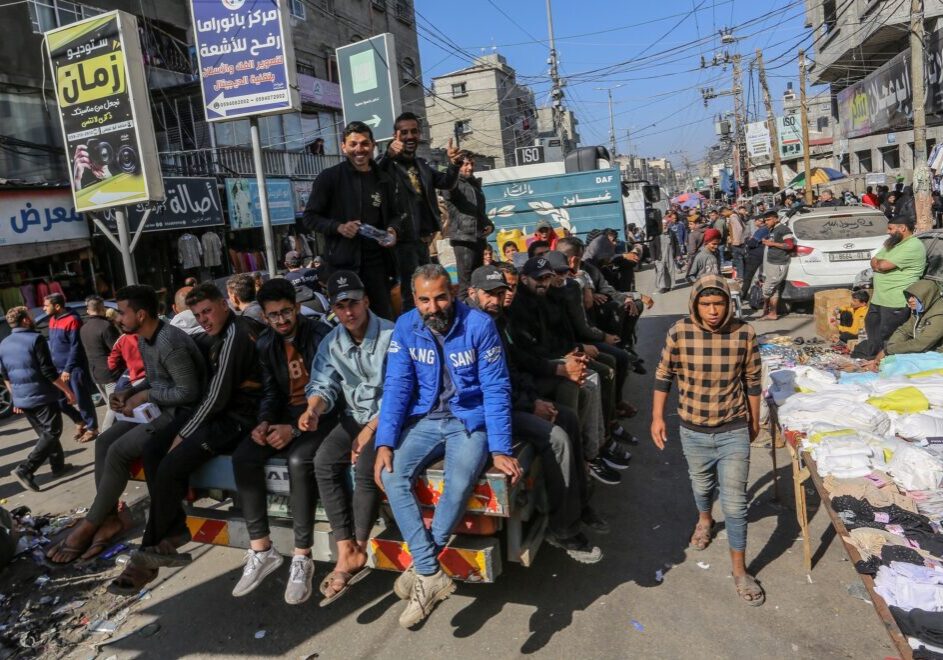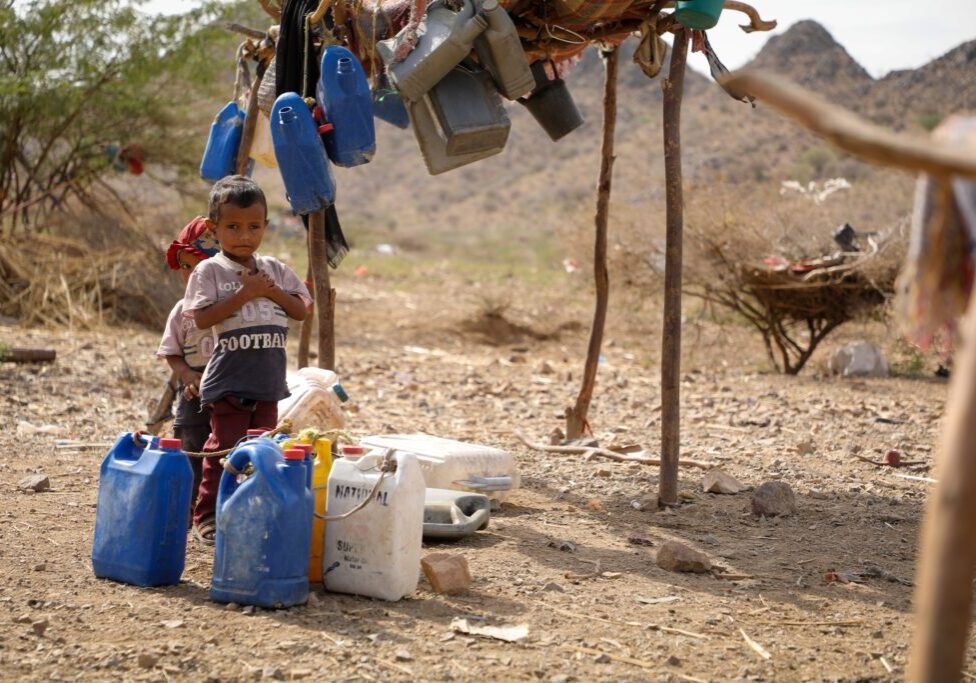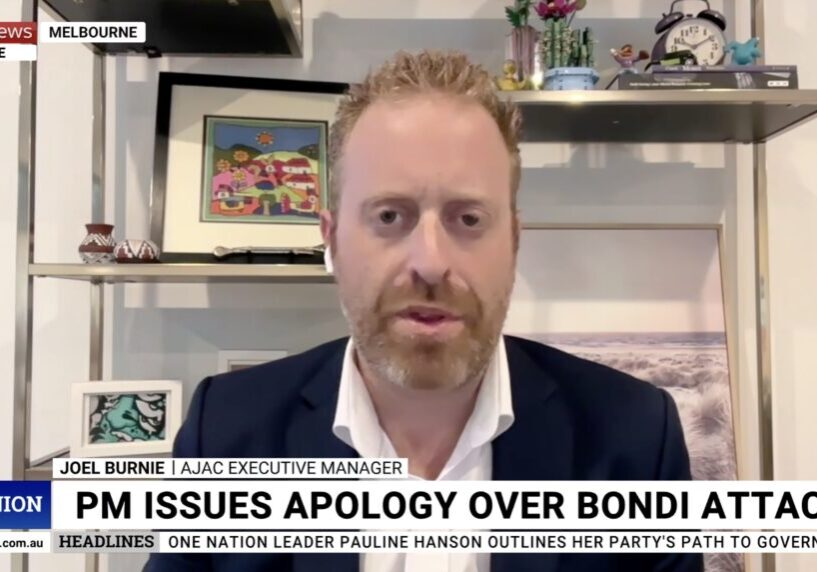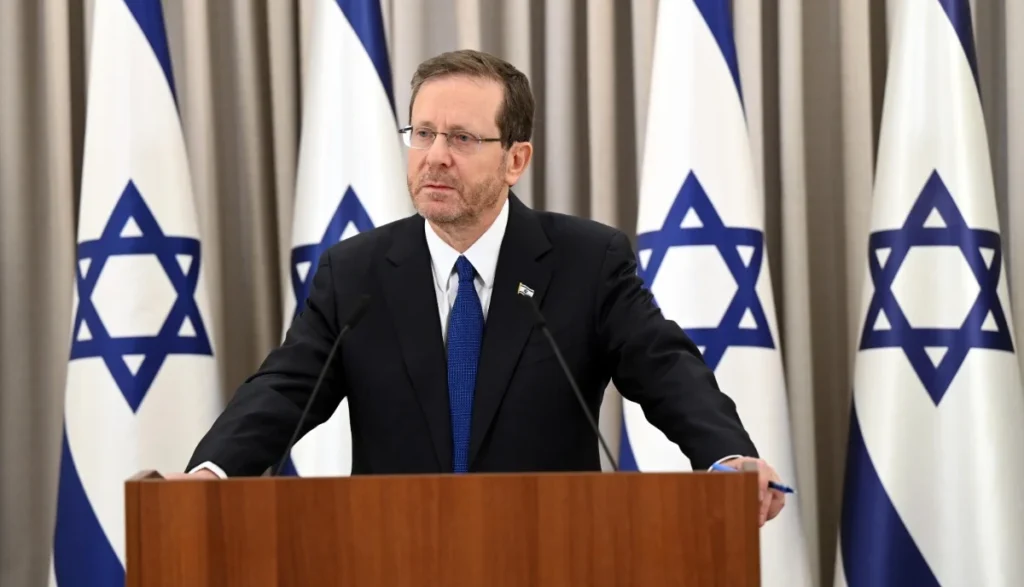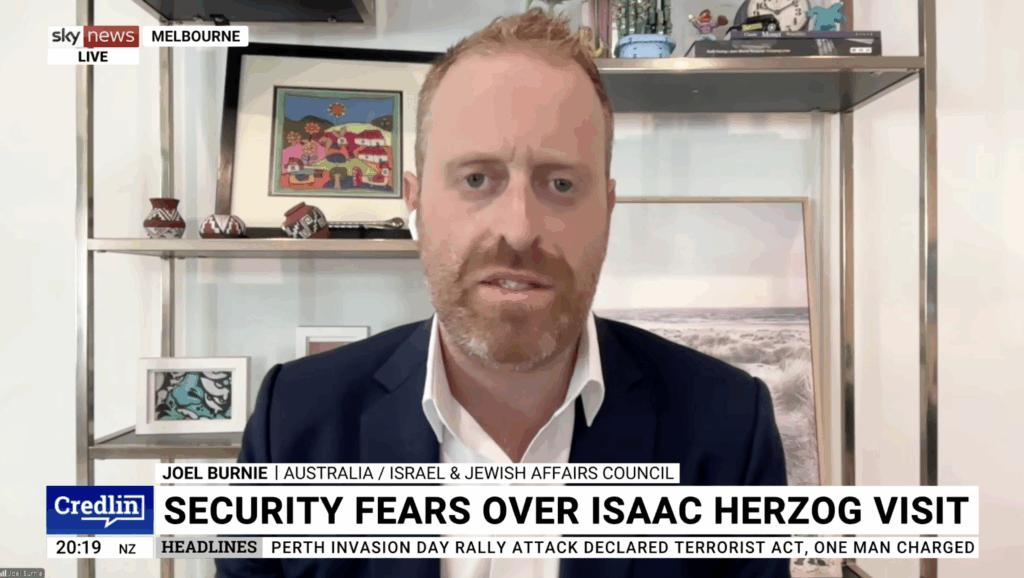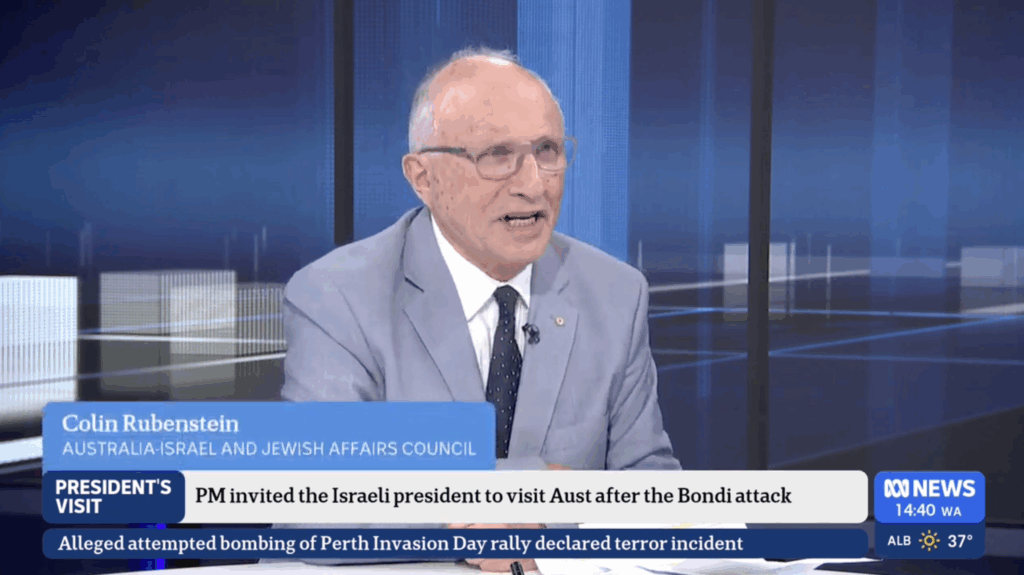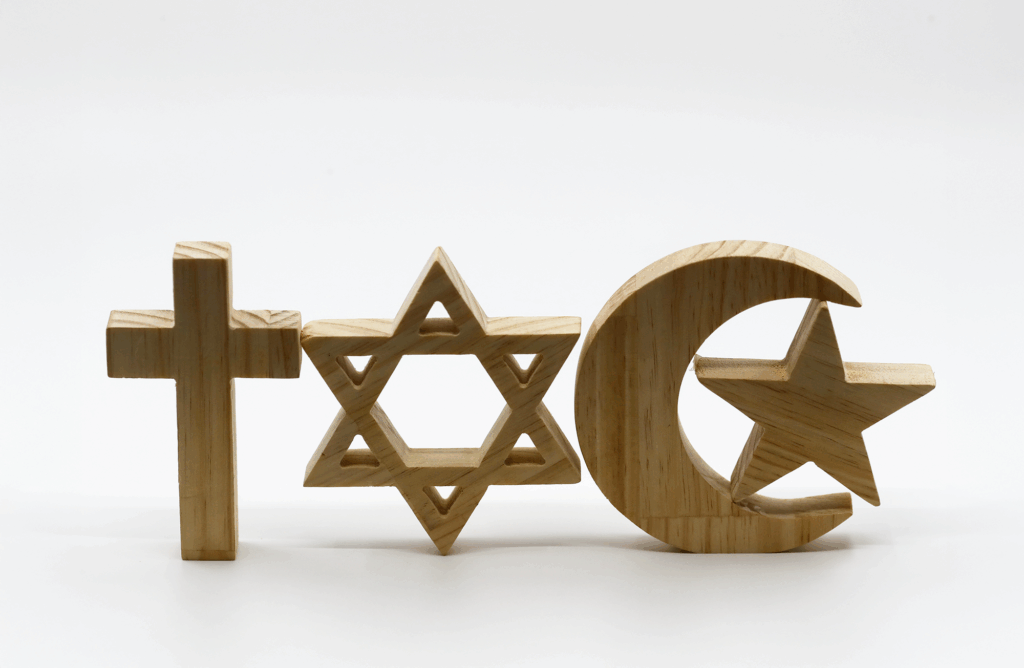FRESH AIR
“Moderate” Rouhani wins Iranian election – but this likely means little for either Iranian foreign policy or internal reform
May 24, 2017 | Sharyn Mittelman
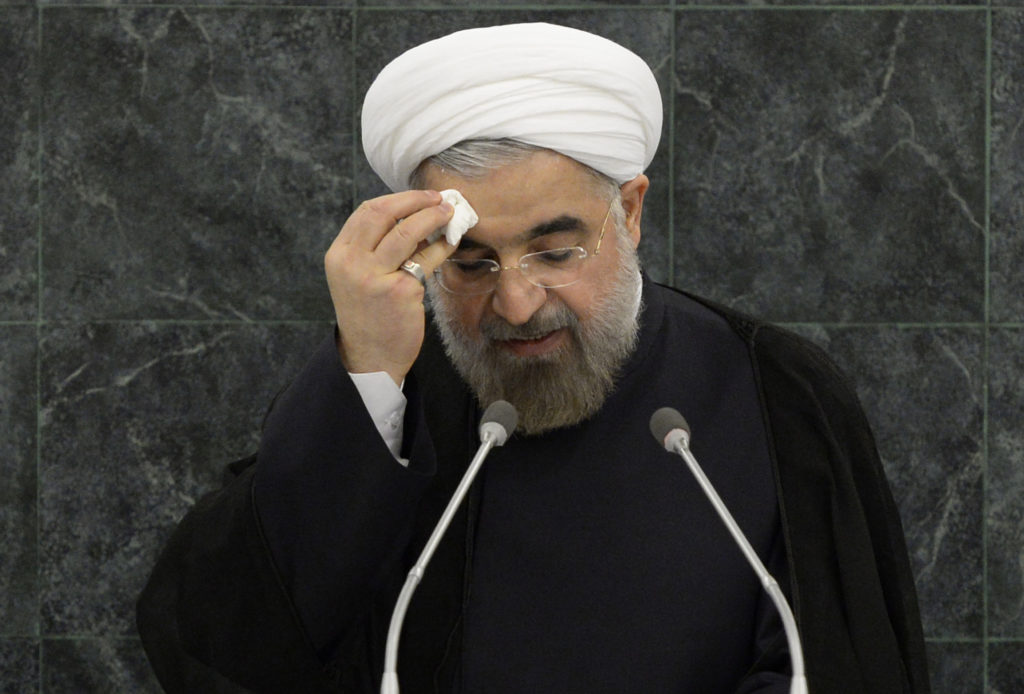
Iran held its presidential election on May 19, and President Hassan Rouhani defeated his main rival, conservative cleric Ebrahim Raisi, receiving 57% of the 40 million votes cast.
The result is being seen as a win for Iran’s reformist camp against hardliners aligned with the Iranian Revolutionary Guards, as Raisi reportedly had the backing of Iran’s Supreme Leader Ayatollah Ali Khamenei. Rouhani campaigned for social reforms and more openness with the West, which found him at odds with Iran’s hardliners like Raisi. The voter turnout was around 70%, as reformists mobilised to support their preferred candidate to prevent a win to hardliners – as happened when they boycotted the election in 2005, and holocaust denying Mahmoud Ahmadinejad won. As Israeli academic expert Professor Eyal Zisser notes:
“The results point to a deep desire among voters for change. It is even fair to say that these elections proved, yet again, that the majority of Iranians have had enough of the ayatollah regime – headed by authoritarian spiritual leader Ali Khamenei, considered to be God’s emissary on earth — and of the power wielded by the IRGC. Most Iranians want their country to go back to being a normal, democratic country that maintains normal relations with the international community. Incidentally, this includes relations with Israel, which the majority of Iranians do not view as a sworn enemy.”
The election was the first after the Iranian nuclear deal signed between Iran and world powers, known as the Joint Comprehensive Plan of Action (JCPOA), which lifted sanctions on Iran in exchange for it curtailing its nuclear program. Raisi was critical of the deal, but both Rouhani and Raisi supported the JCPOA, as it is now sanctioned by Iran’s Supreme leader. The candidates thus differed somewhat on their approach to diplomatic relations with the West as David Patrikarkos wrote in the Jerusalem Post:
“Rouhani wants to apply the JCPOA diplomatic model to every problem: dealing with OPEC and the tensions with other Persian Gulf countries, to name just two issues. For the other candidate, the JCPOA was merely a means with which to lift the financial sanctions and ensure the regime’s survival. For him, the JCPOA was not the beginning of détente with the West; it was the end.”
Whether the US will continue to support the Iran nuclear deal is unclear. US President Trump has expressed frustration with the JCPOA calling it “terrible”, but he has not discarded it and last week the US signed a sanctions waiver on Iran. The US is also seeking to strengthen relations with Iran’s Sunni neighbours who fear the Islamic Republic’s hegemonic ambitions. This week President Trump was in Saudi Arabia and he declared: “Until the Iranian regime is willing to be a partner for peace, all nations of conscience must work together to isolate Iran, deny it funding for terrorism, and pray for the day when the Iranian people have the just and righteous government they deserve. The decisions we make will affect countless lives.”
In response, Iran’s Foreign Minister Mohammad Javad Zarif mocked President Trump and wrote on Twitter:
“Iran – fresh from real elections – attacked by @POTUS in that bastion of democracy & moderation. Foreign Policy or simply milking KSA of $480B?”
But despite Zarif’s claims, Iran does not have a genuine democracy or “real elections”. Rather Iran remains a theocracy controlled by the Supreme Leader through the Guardian Council. As Dennis Ross and Jason Brodsky explain in Time:
“The Supreme Leader controls the field of candidates from the beginning. He personally appoints half of the Guardian Council, which is the vetting arm of the Islamic Republic. The Judiciary Chief names the other half, yet the Supreme Leader installs the Judiciary Chief. In 2017, the Guardian Council whittled down 1,600 presidential aspirants to six final ‘acceptable’ candidates.”
Rouhani is part of the Iranian establishment and was an acceptable candidate to the Guardian Council. He is moderate when compared to Raisi, but Rouhani has not yet demonstrated himself to be a great social “reformer”. While Rouhani campaigned on social reforms, openly criticised the conservative-dominated judiciary and security services, and called for the release of political prisoners, one may ask why he did not achieve all this during his first term as President. Rather while Rouhani was President there was reportedly an increase in political prisoners and executions. Rouhani either lacked the will to make these changes, or his ability to do so was limited by Iran’s Supreme Leader. However, with the 78-year-old Supreme Leader expected to pass away in the near future, Iranians may be planning for what comes next. Rouhani’s win may now afford him more influence and power with Iran’s Guardian Council.
Nevertheless, despite much of the Western media’s praise of Rouhani as a “moderate”, Iran’s support for the brutal Assad regime and terrorist group Hezbollah is not going to change. Assad and Hezbollah have both welcomed Rouhani’s win. Iran is likely to continue to strengthen its cooperation with Russia as they both support the Assad regime in Syria. The Russia/Syria/Iran axis is also working to act against the US/Sunni alliance that is building in the Middle East. However, it is unclear how much power the Iranian President has over these foreign exploits, given that that are mostly directed by the Supreme Leader’s Iranian Revolution Guards. As Ross and Brodsky write:
“Significantly, the Iranian President has little control over the IRGC and its action arm in spreading Iran’s power in the region. The IRGC answers only to the Supreme Leader. On May 2, Iran’s judiciary — which also reports to Ayatollah Khamenei — announced that a senior reformist politician would be prosecuted for just criticizing the IRGC’s heavy-handed presence in Syria during a Rouhani campaign rally. We can only expect more of the same.
For a reminder of the limits of democracy in these elections — and the risks any dissonance runs — it is worth noting that February marked the sixth anniversary of the house arrest of 2009 presidential candidates Mir Hossein Mousavi and Mehdi Karroubi. The 2009 election, which ushered in a second term for then-firebrand president Mahmoud Ahmadinejad, rocked the foundations of the Islamic Republic with mass protests and civil unrest. In the last election, then-candidate Rouhani campaigned on promises to release them. Fast-forward to 2017: there has been no movement…
The Iranian President has virtually no political recourse in a hydra-headed political system. Just ask the last reformist president Mohammad Khatami, who is under a domestic media ban.”
Iran is not a genuine democracy, and it should not be applauded for holding fake elections just because its neighbours are even more despotic. As Eli Lake notes in Bloomberg, “Congratulating Iran for its fake elections only legitimizes a system where real elections are not possible.” And if Rouhani is truly a moderate, as he wants the world to believe, he would strive to end Iran’s support for international terrorism and the brutal Assad regime. He would also seek to improve human rights in Iran, which sadly became even worse during his previous term as President. Only time will tell, but there appear few grounds for optimism.
Sharyn Mittelman
Image source: The Atlantic
Tags: Iran
RELATED ARTICLES
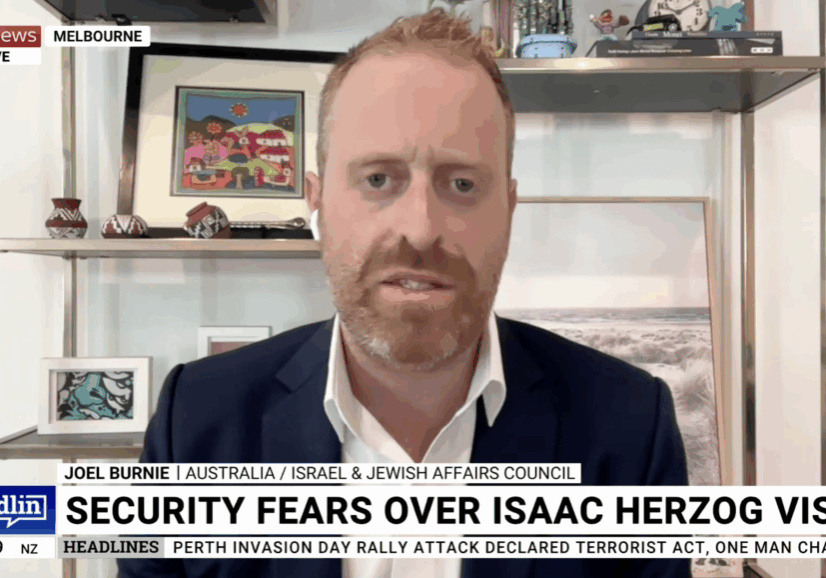
Security concerns over Herzog visit a terrible indictment: Joel Burnie on Sky News
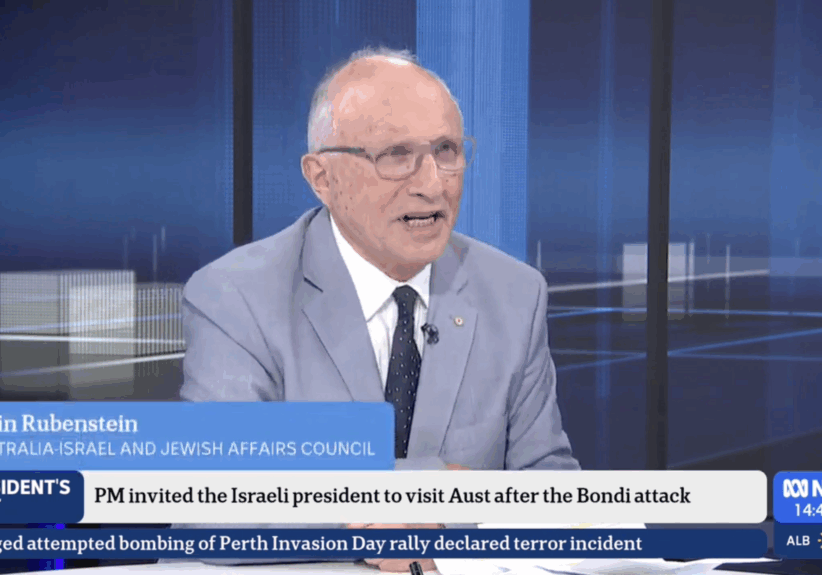
Allegations against Israeli President Herzog are absurd: Colin Rubenstein on ABC News






